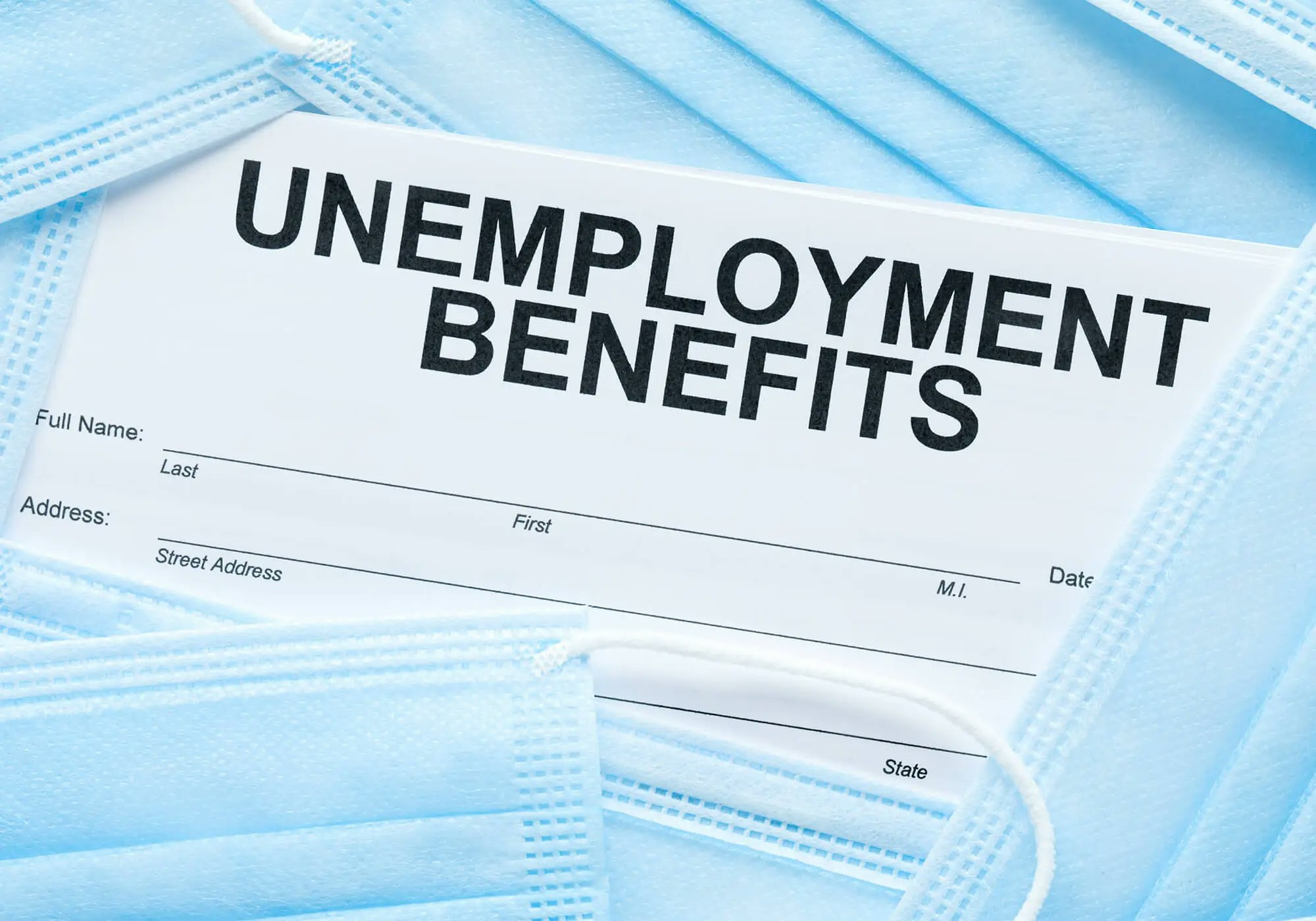Fraudulent Impersonation And Unemployment Scams On The Rise

February 10, 2021 | Dani Friesen
With unemployment levels in the United States at a current high due to COVID-19, and the unemployment department overtaxed in managing unemployment claims, this area of the government is rife for scams. The cost of unemployment insurance scams alone in Colorado runs to at least $10 million at the time of posting. Below is webinar on Unemployment Insurance Fraud, offered by the Colorado Department of Labor (CDLE), as well as tips from the CDLE website on what to do if you are a victim of unemployment insurance fraud or fraudulent impersonation, and some next steps for CSD Pool members to take in recovering your identity.
Unemployment Insurance Fraud Webinar
This excellent webinar was offered February 25, 2021 by representatives from the Colorado Department of Labor and Employment, and hosted by Fort Collins, Greeley and Loveland Chambers of Commerce.
Speakers include:
- Joe Barela, Executive Director, Colorado Dept of Labor and Employment
- Daniel Chase, Chief of Staff, Colorado Dept of Labor and Employment
- Phil Spesshardt, Acting Director of Unemployment Insurance Division, Colorado Dept of Labor and Employment
- Cher Haavind, Deputy Executive Director, Colorado Dept of Labor and Employment
What to Do If You’re a Victim of Unemployment Fraud
If you have not filed for unemployment benefits, but have either received a U.S. Bank Reliacard or unemployment paperwork addressed to you, or to someone not at your address, be sure to take the following actions.
- Upon receipt of a fraudulent U.S. Bank Reliacard, submit a U.S. Bank Form or contact U.S. Bank right away to have the card deactivated.
- Upon receipt of any fraudulent unemployment paperwork, file a fraud report. You can find the link to do so on the CDLE website.
- Notify the three credit reporting agencies to initiate a fraud and identity theft alert on both your name and social security number:
- Equifax: 1-800-525-6285
- Experian: 1-888-397-3742
- TransUnion: 1-800-680-7289
- Contact your local police department to file a counter report.
- Contact the Federal Trade Commission to file an identify theft report.
- Make sure you keep records of the incident on file in a secure place for reference.
Next Steps as Pool Members
If you are a member of the Colorado Special Districts Property and Liability Pool, here are several additional steps to take if you are a victim of unemployment benefits fraud.
- Contact the HSB Identity Theft Recovery helpline at 1-800-945-4617. Their counselors will determine if case management services are needed and if you are eligible for expense reimbursement. If you need to file a claim, they will help you through the process.
- If you still have questions after speaking with a counselor, get in touch with Vicki Sullivan, the CSD Pool’s Client Relations Coordinator at 303-903-6143 or vicki.sullivan@mcgriff.com.
Identity Recovery is included when your district buys crime coverage and extends to:
- All full-time, non-temporary employees
- All part-time, non-temporary employees
- Board Members
In the event of identity theft, this coverage will reimburse up to $35,000 of expenses such as:
- Credit bureau reports
- Fees for reapplying for declined loans
- Postage, phone, and shipping fees
- Notary and filing fees
- Child and/or elder care
- Mental health counseling
This coverage will not reimburse funds stolen or fraudulently charged, since these funds are normally recoverable from your financial institution. All claims must be filed within 60 days of an identity theft event. Some limitations apply.
Contact the CSD Pool at info@csdpool.org if you’d like more details on our identity theft coverage.
Here are some things you can do to avoid becoming a victim of unemployment benefits fraud.
- Do not share personally identifiable information by phone. If the CDLE needs to verify details such as your social security number, passwords, bank information, or any other information that may be personally identifiable, they will not contact you by phone.
- Request routine reports from all three credit reporting agencies and be sure to verify or correct any reporting mistakes or fraudulent information with them. Currently these credit bureaus are offering free credit reports each week due to the pandemic-related rise of fraud. You can take advantage of this offer at annualcreditreport.com.
- Also pay attention to potential credit inquiries from another state’s Department of Labor. If you find one on your credit report, it is likely that your identity has been used to apply for unemployment benefits in another state.
Additional Resources
- Check out tips on identity fraud recovery and prevention from the Federal Trade Commission.
- View the Colorado Attorney General’s Identity Theft website Stop Fraud Colorado.
- Read the Colorado Attorney General’s Identity Theft Repair Kit.
